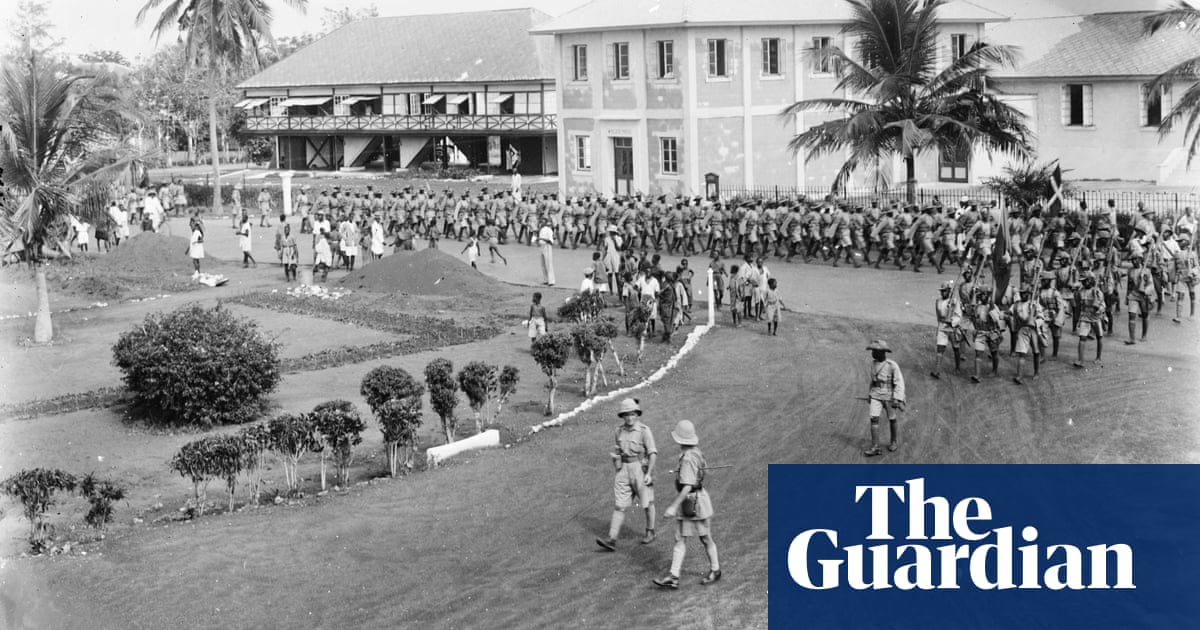Ghana,
formerly known as Gold Coast, is a country in West Africa that gained its
independence from British colonial rule on March 6, 1957. This date marks an
important milestone in Ghana's history, as it became the first African country
to gain independence from European colonialism. Life in Ghana before and after
independence was vastly different, and this article aims to provide an overview
of these changes.
Life Before
Independence in Ghana
Before Ghana
gained its independence in 1957, the country was under British colonial rule
for over a century. The British had established their presence in Ghana in the
19th century when they began to trade with the local people for gold and other
valuable resources. They gradually extended their control over the region,
eventually establishing a colony in 1874. The colonial period was characterized
by the exploitation of Ghana's resources, including its people, land, and
minerals.
During the
colonial period, Ghana's economy was dominated by cash crop agriculture, with cocoa
being the most important crop. The British introduced cocoa to Ghana in the
late 19th century, and it quickly became the country's main export crop. The
production of cocoa was largely done by small-scale farmers who worked on
leased lands owned by the British. These farmers were often paid very little
for their work, which resulted in widespread poverty.
Education
was also a major issue during the colonial period. The British provided
education to the people of Ghana, but it was largely limited to the children of
the colonial elites. This resulted in a significant disparity in education
levels between the ruling class and the rest of the population. The education
that was provided was also designed to serve the needs of the colonial
administration, rather than the needs of the local people.
Life After
Independence in Ghana
When Ghana
gained its independence on March 6, 1957, there was great optimism for the
future. The country's first president, Kwame Nkrumah, had a vision of a
prosperous and united Africa, and he set out to make Ghana a model for other
African countries to follow. Nkrumah's government set out to make significant
changes to the country's economy and society.
One of the
first things that Nkrumah did after independence was to launch an ambitious
development plan known as the Seven-Year Development Plan. This plan aimed to
modernize Ghana's economy and infrastructure, with a particular emphasis on
industrialization. The plan also aimed to improve education and healthcare, and
to provide affordable housing for the country's growing population.
The
government also embarked on a program of land reform, which aimed to
redistribute land from the British and other foreign owners to local farmers.
This helped to improve the lives of many small-scale farmers, who were able to
increase their productivity and income.
Education
also received significant attention during the post-independence period. The
government introduced free primary education for all children, regardless of
their social status or background. This helped to increase the number of
children who were able to attend school, and it helped to reduce the education
gap between the rich and poor.
Another
significant change that occurred after independence was the introduction of a
new constitution. The new constitution established a multi-party democracy,
with regular elections and a separation of powers between the executive,
legislative, and judicial branches of government. This helped to establish a
more stable and democratic political system in Ghana, which helped to promote
economic growth and development.
Challenges
Faced After Independence
Despite the
significant changes that occurred after independence, Ghana still faced a
number of challenges. One of the most significant of these was economic
instability. The country was heavily dependent on its exports of cocoa, and
fluctuations in the global price of cocoa had a significant impact on Ghana's
economy. This led to periods of economic hardship, which were often accompanied
by political unrest and instability.


0 Comments